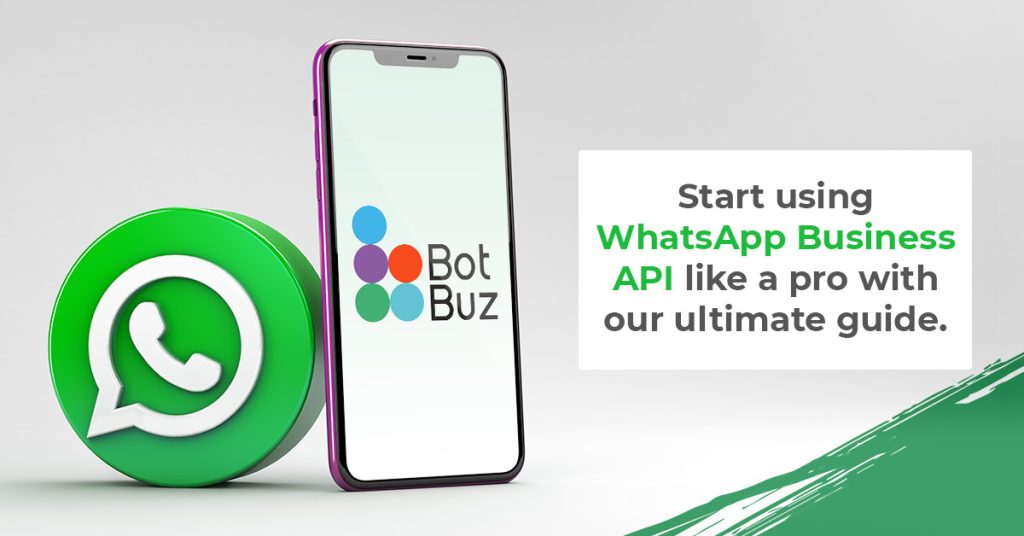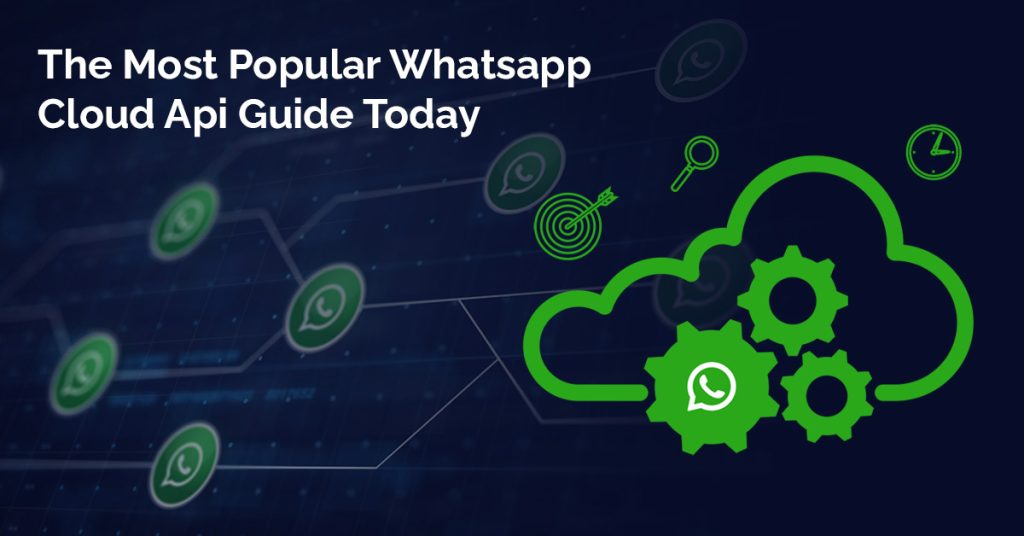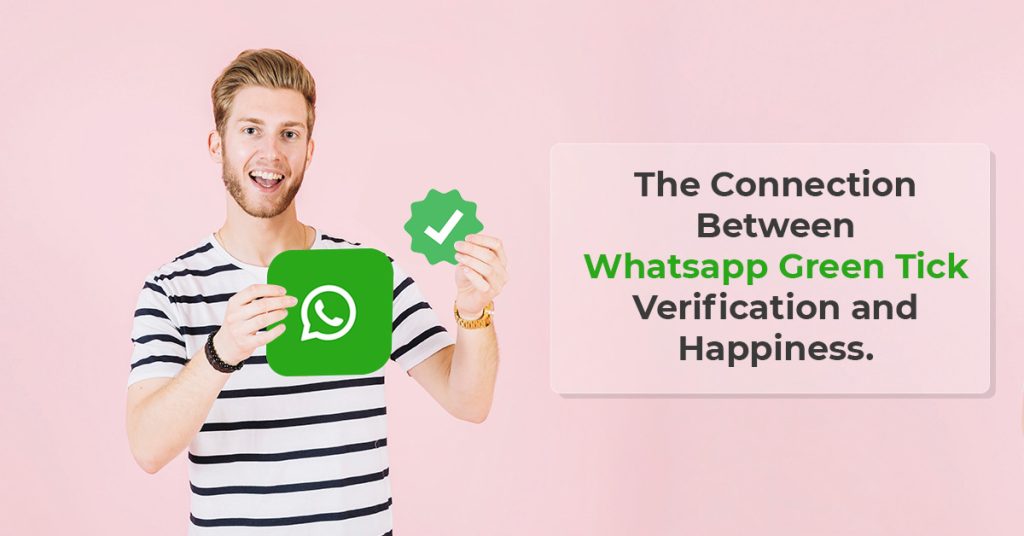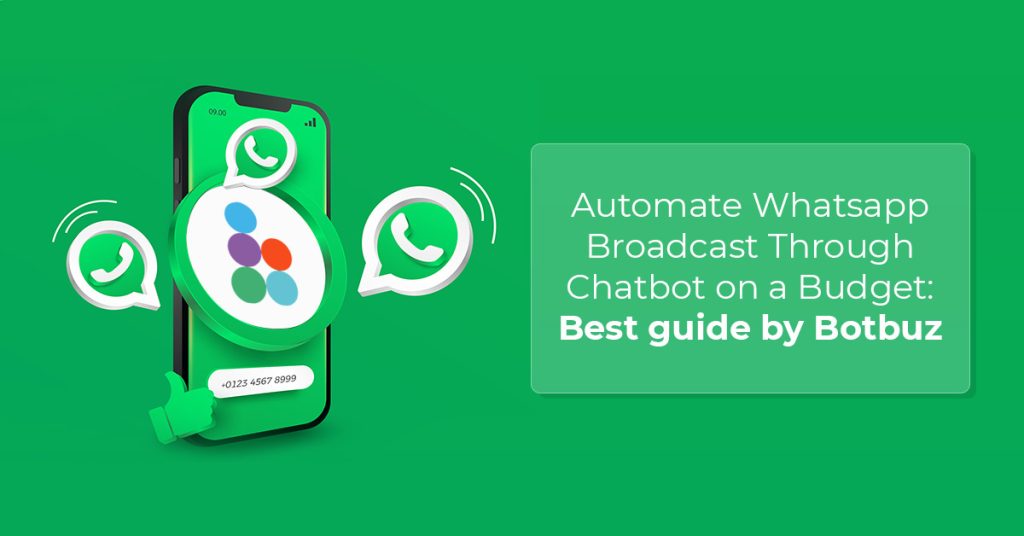- WhatsApp in Business Communication :
- Why Do Businesses Need Bulk WhatsApp Messaging ?
- The Limitations of Sending Messages Manually :
- Methods to Send Bulk WhatsApp Messages Without Adding Contacts :
- Personalization in Bulk WhatsApp Campaigns :
- Examples of Customized Message Templates
- Importance of Addressing Customer Names or Preferences :
- Best Practices for Sending Bulk WhatsApp Messages :
- Using Botbuz WhatsApp Automation for Bulk Messaging :
WhatsApp in Business Communication :
WhatsApp is a crucial platform for modern business. It offers a direct, high-engagement channel for customer service, sales, and personalized communication through text and media.
Manually sending messages in bulk is highly inefficient, time-consuming, and prone to errors. Its biggest challenge is the need to save every single recipient’s number, which clutters contacts and carries the risk of the business account being flagged or temporarily banned by WhatsApp for spamming.
Why Do Businesses Need Bulk WhatsApp Messaging ?

Businesses rely on bulk messaging to communicate instantly. It uses WhatsApp’s high visibility to guarantee that promotional offers and critical updates are seen immediately by customers.
The ability to send personalized messages to a large audience helps businesses foster a sense of individual connection. It is the key to building customer trust and loyalty.
The strategy is valued as a more cost-effective and higher-performing alternative compared to the potentially high costs of SMS and the low open rates often seen with email marketing.
The Limitations of Sending Messages Manually :
The most immediate issue is related to WhatsApp’s restrictions on mass messaging. The standard WhatsApp application severely limits how many people a business can contact simultaneously. Specifically, the broadcast feature is capped at a small group of recipients, and the message will only be delivered if those individuals have already saved the business’s number. These limitations are designed by WhatsApp to strictly prevent large-scale unsolicited messaging.
Furthermore, the process becomes incredibly cumbersome. It is due to the time-consuming nature of adding contacts individually. A business cannot simply upload a list of contacts and hit send. Instead, staff must manually manage and input each customer’s details. This manual, repetitive labor is inefficient. It makes scaling any significant communication effort virtually impossible.
Finally, businesses face the serious risk of getting their WhatsApp number flagged for spam. When a company attempts to circumvent the official limits—either by sending too many messages too quickly or by using unapproved third-party tools—WhatsApp’s anti-spam algorithms detect this abnormal activity. This can lead to a business’s account being temporarily suspended or even permanently banned. Thereby cutting off a crucial channel for customer interaction.
Methods to Send Bulk WhatsApp Messages Without Adding Contacts :
1. WhatsApp Business API
The WhatsApp Business API is described as the officially sanctioned, professional gateway for high-volume messaging. The API is specifically engineered to enable businesses to execute large-scale outreach efficiently. It supports both automation and personalization of content. Users of this platform can access detailed analytics to measure the effectiveness of their campaigns. However, it is noted that using the API necessitates a formal approval process. Also strict adherence to Meta’s rules regarding message templates and customer consent to ensure compliance.
2. WhatsApp Web and Short Links
This method, though more manual, provides a simple mechanism for initiating chats with unsaved numbers. It involves using the wa.me short link format, where the number is inserted directly into the URL. This approach allows a simple, immediate conversation to be opened through a web browser. Thus, making it a functional but basic solution suitable primarily for small-scale or one-off use cases.
3. Third-Party WhatsApp Automation Tools
These tools function as software overlays for the official API. It makes bulk campaign management more accessible. They offer features such as contact list management & message scheduling to streamline operations. The core value of these tools lies in the automation and integration capabilities they bring to customer communication. The text emphasizes that, when using such tools, a business must ensure compliance with WhatsApp’s stringent rules. It helps to protect its account health.
4. WhatsApp Click-to-Chat Feature
The Click-to-Chat feature is fundamentally a public-facing link. https://wa.me/<number> that automatically begins a chat when clicked. Businesses can easily create this link and deploy it in various promotional contexts. Its advantages are a quick & simple setup. It eliminates the need for the recipient to save the number. The feature is primarily used for customers or leads. It helps to initiate contact for promotions or service inquiries.
5. Generating and Using WhatsApp QR Codes
A WhatsApp QR Code offers a non-digital, visual entry point to the Click-to-Chat functionality. Businesses can generate this code to provide an instant connection pathway for customers. The code can be printed and displayed on various marketing materials, websites, or packaging. The benefit is that a quick scan allows customers to begin a conversation immediately. It completely bypassed the process of manually saving the business’s contact information.
Personalization in Bulk WhatsApp Campaigns :

True personalization in bulk WhatsApp campaigns is primarily achieved by a business using the WhatsApp Business API or an approved third-party marketing tool built upon the API. These platforms allow a company to upload a contact list. It is typically in a spreadsheet format, which includes not just the customer’s phone number but also custom attributes like their name, last purchase date, or preferred language. When sending a message, the system automatically inserts this unique data into designated placeholders within the official message template. It ensures each outgoing message is tailored, despite the contact not being saved on the phone itself.
Examples of Customized Message Templates
A business must use pre-approved message templates for any outgoing communication (outside of a 24-hour customer service window). These templates are designed with placeholders, which the sender fills with dynamic, personalized data:
For Offers: A template might read, “Hello [Customer Name]! Enjoy a [Discount Percentage] discount on your next order. Use code [Coupon Code] at checkout.”
For Product Updates: A message could state, “[Product Name] is back in stock! Click here to repurchase: [Product Link].”
For Event Reminders: A reminder template could be, “Your appointment for [Service Name] with [Agent Name] is today at [Time] on [Date]. Please reply YES to confirm.”
Importance of Addressing Customer Names or Preferences :
Addressing a customer by their name or referencing a specific preference is vital for achieving higher engagement and trust. Generic bulk messages often feel impersonal and are ignored or, worse, marked as spam. Conversely, a personalized message immediately captures the recipient’s attention because it is addressed to them directly. This customized approach signals that the message is relevant, expected, or transactional. It increases the likelihood of the customer opening the message, clicking on the embedded links, and, ultimately, converting. It turns mass communication into a series of individualized conversations.
Best Practices for Sending Bulk WhatsApp Messages :
The best practices for executing successful bulk WhatsApp messaging campaigns, emphasizing compliance and engagement to avoid account restrictions.
Avoiding Spam and Blocks: This involves deliberately controlling the message volume and pace to avoid triggering WhatsApp’s anti-spam filters. It is critical to include an easy opt-out option in messages. The customers can unsubscribe instead of reporting the number as spam.
Maintaining Message Quality and Frequency: Businesses must ensure messages are highly relevant and personalized (quality) and sent at a reasonable rate (frequency). Segmenting the audience and adhering to the account’s set messaging limits are key. It helps to maintain a high-quality rating.
Using Opt-In Contacts for Compliance: This is the most crucial step, requiring businesses to obtain explicit information. It provides verifiable consent from every recipient before sending promotional content. This practice ensures legal compliance. It builds customer trust, and protects the sender’s account from being banned.
Tracking Performance Metrics: Success is measured by analyzing data such as Delivery Rates, Response Rates, and Opt-Out Rates. Tracking these metrics allows a business to continuously optimize its content and strategy. It helps for better engagement and campaign ROI.
Using Botbuz WhatsApp Automation for Bulk Messaging :
Botbuz WhatsApp Automation is a platform built on the official WhatsApp Business API. It allows businesses to execute large-scale messaging campaigns efficiently. It streamlines the process of sending bulk messages by enabling the direct upload of contact lists. Thus, eliminating the need to manually save every number.
Crucially, the platform supports hyper-personalization through the use of pre-approved message templates with dynamic placeholders. It ensures that each broadcasted message is tailored with recipient-specific data. The entire campaign management—including designing message templates, managing customer conversations via a unified inbox. It tracks performance through analytics reports—is centralized in a single dashboard.
Furthermore, Botbuz enhances marketing workflow efficiency through seamless integration with existing CRM systems and the deployment of AI chatbots. It automates lead qualification and provides 24/7 customer support.
Conclusion :
The era of manually saving thousands of contacts to execute a mass outreach campaign is over. It was an inefficient, unscalable, and uncompliant practice. It cluttered phonebooks and risked account bans.
The true breakthrough in modern business communication lies in transitioning to solutions built on the Official WhatsApp Business API. This technology provides a compliant, automated, and scalable pathway for engaging audiences.
This is where a dedicated platform like Botbuz proves its essential value. Botbuz acts as the secure bridge. It allows businesses to unlock WhatsApp’s full potential without compromising workflow or compliance.
In conclusion, sending bulk WhatsApp messages without adding a contact is no longer a risky workaround. It is the compliant standard for scaled communication. By using the official API through platforms like Botbuz, businesses gain the power to engage hundreds or thousands of customers. It has the efficiency of automation & the intimate, personalized feel of a one-on-one chat.




